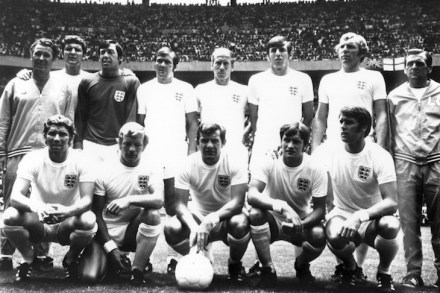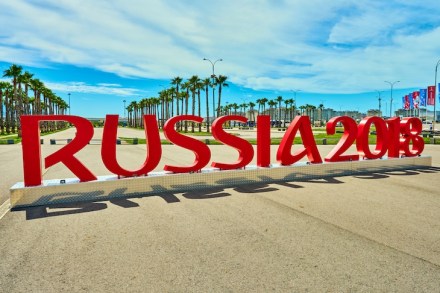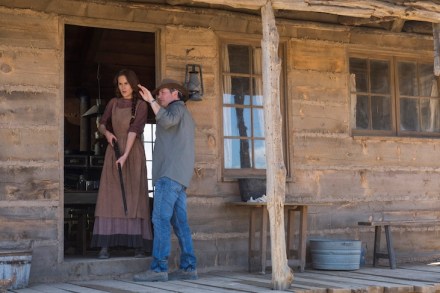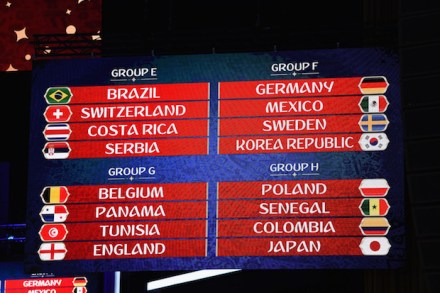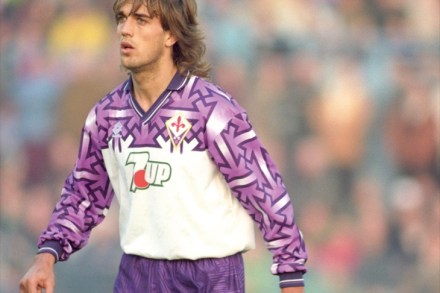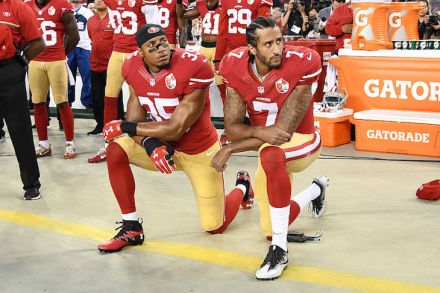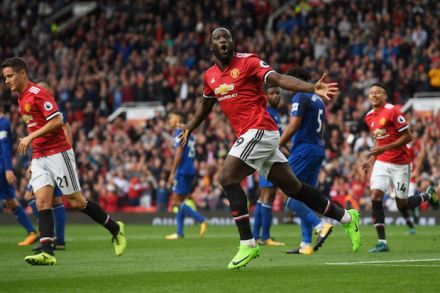Morally bankrupt sport fans will forgive any abuse
The death of Zac Cox is more than a horrible industrial action but a metaphor for modern sport: the scale of its corruption and the readiness of its fans to tolerate the intolerable as long as we are entertained. Mr Cox was 40 and working on a World Cup stadium in Qatar when a catwalk collapsed underneath him. He fell 130 ft and didn’t stand a chance. To the authorities he was a nobody, and his death was an embarrassing inconvenience. A report into the accident was completed within 11 days, but the firms building the stadium did not pass it on to his family in Britain. One of the




